Overview Of the Future of Custom Application Development: Emerging Trends
The future of custom application development is being shaped by technological advancements and evolving business needs. With the rise of low-code/no-code platforms, AI-driven tools, and cloud-native architectures, building custom applications is becoming faster and more accessible. These advancements make the process highly efficient. High end cybersecurity, better UI, and the integration of edge computing transform how developers create applications.
These trends also shape how applications are deployed and scaled. As businesses aim to stay competitive, these innovations will enable them to deliver more personalized, secure, and sustainable applications, meeting the ever-growing demands of users and industries.
1: Growth of Low-Code/No-Code Platforms
Low-code and no-code development platforms are revolutionizing the custom application development landscape by democratizing access to technology. These platforms allow non-technical users and business professionals to create custom applications with minimal programming expertise. Leveraging visual tools, drag-and-drop components, and pre-designed templates, these platforms drastically reduce development time and simplify the creation process.
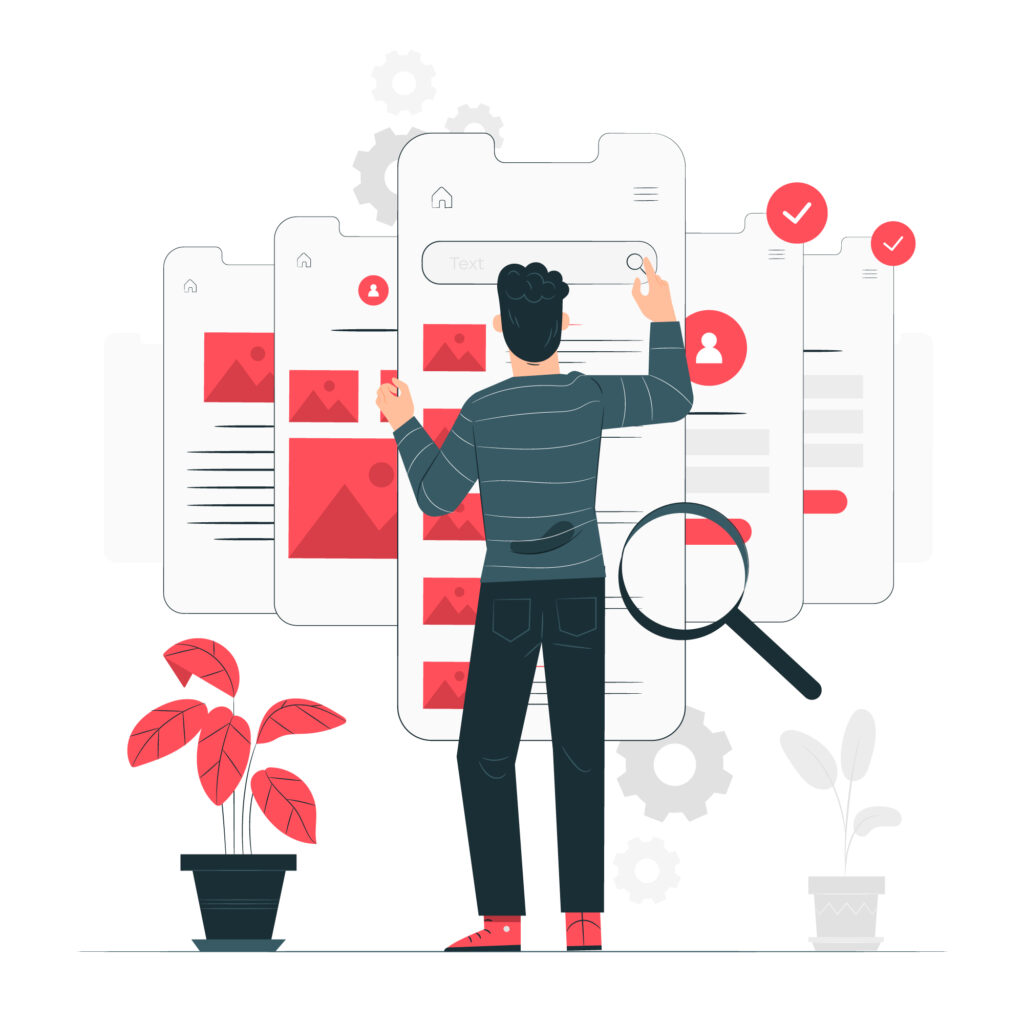
As the demand for faster and more agile development grows, these platforms will play an even larger role in the future of custom application development. Their integration will enable quicker deployment and empower individuals across different organizational roles to actively contribute to application creation.
The impact of low-code/no-code platforms is transformative for businesses. Organizations can rapidly prototype, build, and refine custom applications to adapt to evolving needs. This agility will help businesses maintain a competitive edge in dynamic markets. Meanwhile, IT teams will see their roles shift. Instead of handling routine development tasks, they will focus on ensuring governance. This will enhance the security, and addressing complex customizations that require deeper technical knowledge. Basic functionalities and straightforward applications will increasingly be managed by business users, bridging the gap between technical and non-technical teams.
2: Integration of Artificial Intelligence and Automation
Artificial intelligence (AI) is poised to become a cornerstone of custom application development, elevating their functionality to new heights. By embedding AI, applications can be made smarter, more adaptable, and highly responsive to user needs. AI-powered automation will significantly reduce the reliance on human intervention for many business processes, allowing applications to self-learn and evolve based on user behaviors. This transformation enables businesses to build applications that are not only efficient but also capable of tackling complex tasks with precision.
3: Adoption of AI-Driven Development Tools
Artificial intelligence (AI) is not only revolutionizing the functionality of custom applications but is also transforming the development process itself. AI-driven tools, such as GitHub Copilot, are becoming indispensable for developers by leveraging machine learning to streamline various stages of application creation. These tools provide intelligent code suggestions, automate testing and debugging, and enhance overall code quality. By simplifying complex tasks and eliminating redundant processes, AI-driven development platforms significantly accelerate development cycles while minimizing the risk of human error.
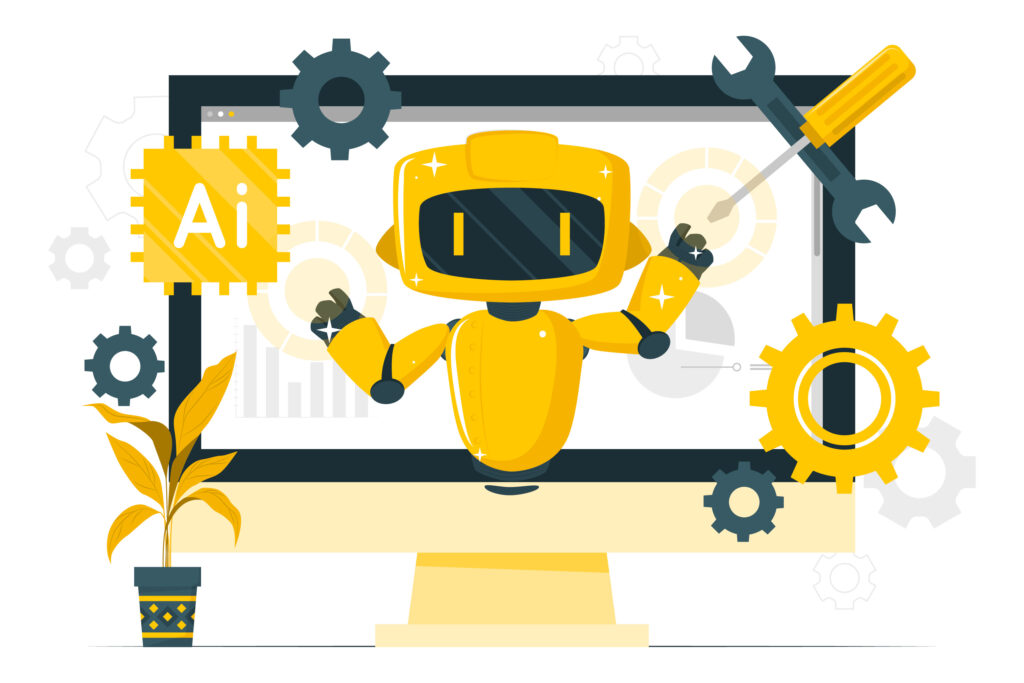
The impact of these tools on developers is substantial. With AI handling repetitive tasks such as writing boilerplate code, troubleshooting errors, or conducting basic quality assurance, developers can redirect their focus toward innovation and design. This enables the creation of more advanced and user-centric applications, fostering a culture of creativity within development teams. Moreover, automated processes enhance productivity, allowing teams to meet tight deadlines without compromising on quality.
As AI continues to evolve, its integration into development tools will further refine the software creation process. This will esnure faster delivery of robust and innovative applications. This shift not only enhances efficiency but also empowers developers to push the boundaries of what’s possible in custom application development.
4: Emergence of Cloud-Native Applications and Microservices
Cloud-native application development, underpinned by microservices architecture, is set to become a defining trend in the future of software development. This approach takes full advantage of cloud infrastructure and services, enabling businesses to build, deploy, and scale applications with remarkable speed and efficiency. The microservices model supports modular development, allowing individual components of an application to be developed, deployed, and managed independently. This modularity not only simplifies maintenance but also accelerates innovation by enabling teams to work on distinct features simultaneously.
The impact of cloud-native and microservices adoption is transformative for organizations. Businesses will benefit from unparalleled scalability, effortlessly adjusting application resources to meet changing demands. This scalability reduces infrastructure costs by optimizing resource utilization while maintaining high availability. This will ensure that applications remain operational even during peak usage. Additionally, cloud-native architectures support rapid innovation by enabling the continuous integration and deployment of new features and updates.
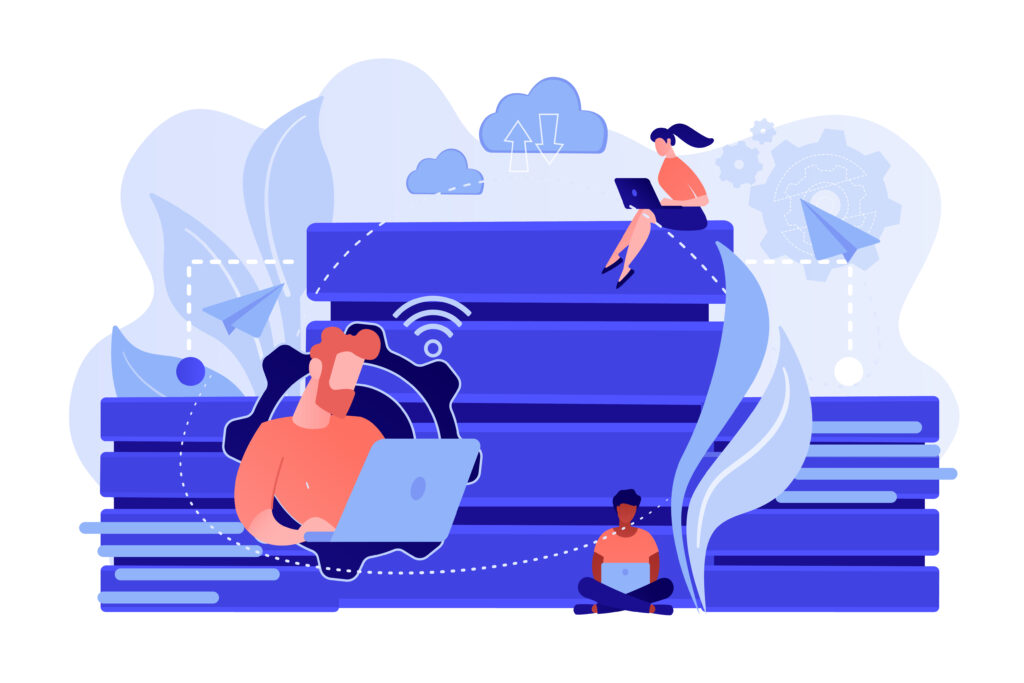
By embracing cloud-native development and microservices, organizations can foster agility, enhance operational efficiency, and deliver superior user experiences. Moreover, this paradigm shift represents a strategic advantage for businesses, enabling them to stay competitive in an era where speed, flexibility, and resilience are essential for success.
5: Expansion of Edge Computing Integration
The rapid proliferation of IoT devices is driving the importance of edge computing in custom application development. Unlike traditional centralized data processing models that rely on cloud or data center infrastructure, edge computing processes data closer to its source—at the edge of the network. This localized approach reduces data transmission times and minimizes latency, making it especially critical for applications requiring real-time processing and decision-making.
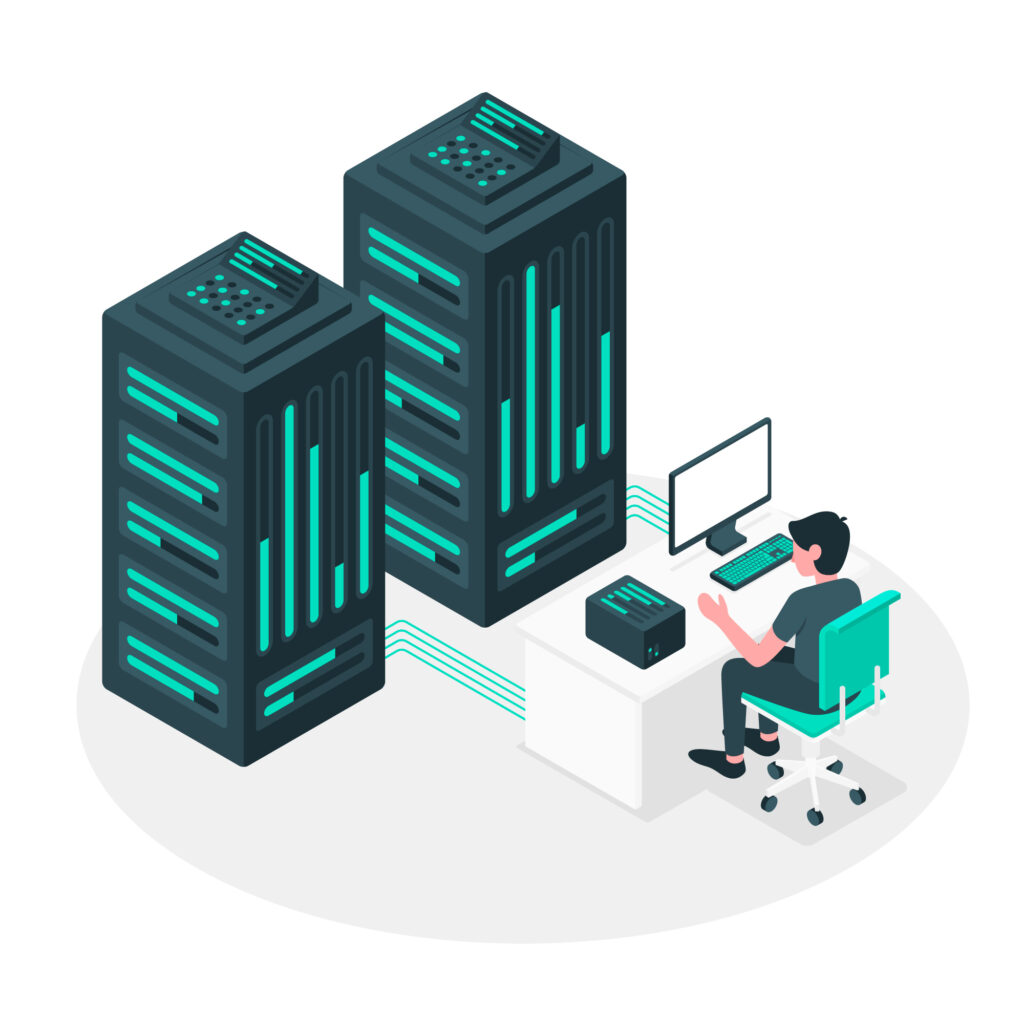
The impact of edge computing integration is particularly significant in industries such as healthcare, manufacturing, and autonomous vehicles. Custom applications in these sectors rely heavily on real-time data for operations like remote patient monitoring, predictive maintenance, and autonomous navigation. By leveraging edge computing, these applications can process information with minimal delays, ensuring high performance and improved reliability. Additionally, edge computing enables advanced analytics in remote or distributed environments where connectivity to centralized systems might be limited or inconsistent.
6: Strengthened Cybersecurity for Custom Applications
As cyber threats continue to grow in sophistication, the future of custom application development will increasingly prioritize integrating strong cybersecurity measures from the very beginning. Security and privacy-by-design approaches will become the norm, ensuring that applications are built with robust features such as end-to-end encryption, multi-factor authentication, and real-time threat detection. These measures will be foundational to creating applications that not only meet security standards but also protect sensitive data from potential breaches.
The impact of these strengthened cybersecurity measures will be far-reaching for organizations. Custom applications will be developed with a heightened focus on safeguarding customer data, ensuring that businesses comply with regulatory frameworks like GDPR, HIPAA, and other industry-specific privacy standards. By embedding security into the development lifecycle, organizations can mitigate risks, reduce the chances of data breaches, and build trust with their users.
With these built-in security features, custom applications will provide businesses with a secure environment to operate in. This will ensure the protection of both user data and critical business information. This proactive approach to cybersecurity will empower companies to stay compliant and resilient in an increasingly complex digital landscape, making security an integral part of the application development process.
7: Advancements in Hybrid and Cross-Platform Development
The demand for applications that provide a consistent and seamless experience across mobile, desktop, and web platforms is expected to continue growing. Development frameworks such as React Native, Flutter, and Xamarin are transforming the way applications are built. They enable developers to create applications that run on multiple operating systems using a single codebase. This approach streamlines the development process, significantly reducing the time and resources required to build and maintain separate versions for different platforms.
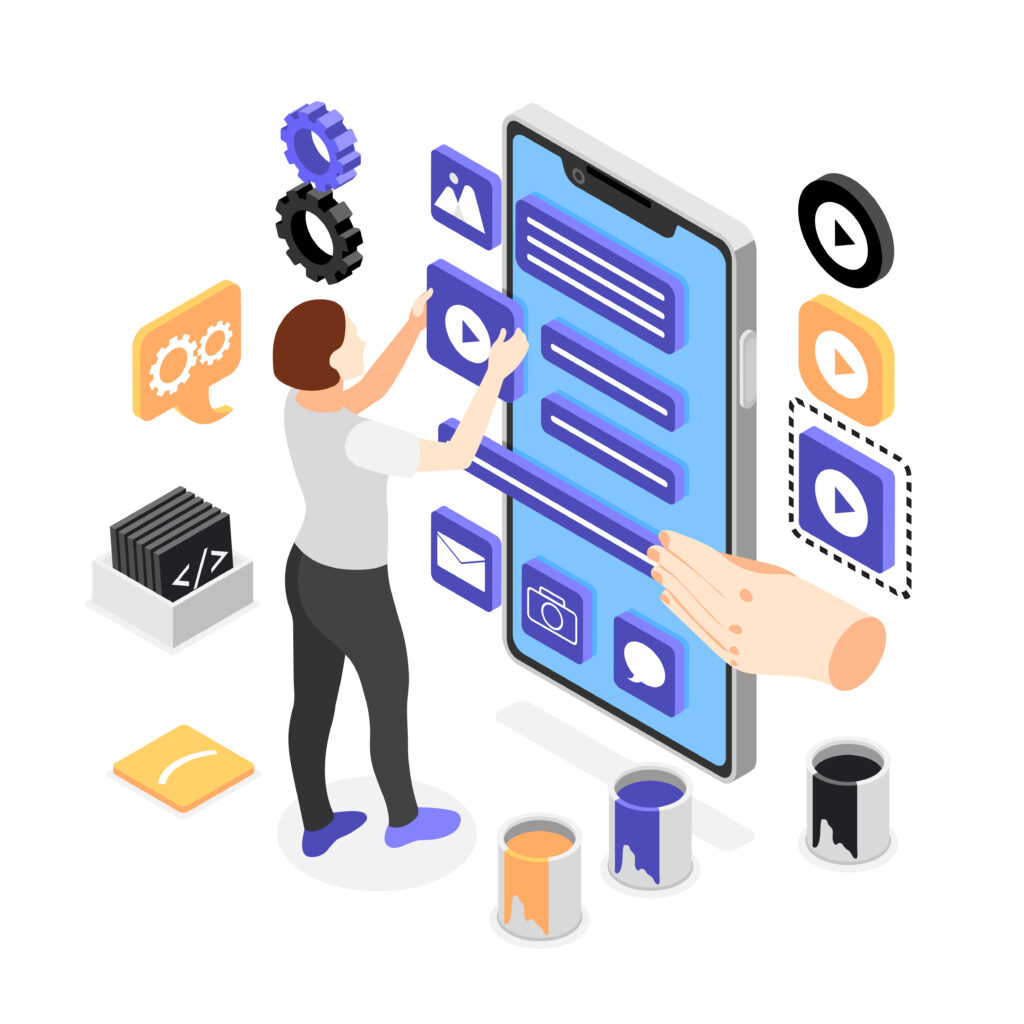
The impact of these advancements in hybrid and cross-platform development is significant for businesses. By leveraging hybrid platforms, companies can reduce development costs and accelerate time-to-market, ensuring that their applications are available across a range of devices in a shorter timeframe. This not only boosts efficiency but also enhances the reach and accessibility of custom applications. Additionally, custom apps developed with cross-platform frameworks can deliver a more consistent user experience, regardless of the device or operating system.
As hybrid and cross-platform development continues to evolve, businesses will enjoy greater flexibility in deploying their custom applications across multiple platforms. This will make their solutions more versatile and accessible to a wider audience. This trend will play a key role in helping organizations stay competitive in a fast-paced digital landscape.
8: Greater Emphasis on User Experience (UX)
As user expectations continue to rise, the future of custom application development will place a greater emphasis on delivering exceptional user experiences. The development process will prioritize creating intuitive, responsive, and visually appealing interfaces. These interfaces will engage users from the moment they interact with the application. Advanced user interface (UI) frameworks and AI-powered UX analysis tools will empower developers to better understand user behaviors, preferences, and pain points. This will enable them to design applications that offer seamless and enjoyable experiences.
The impact of this focus on UX will be far-reaching for businesses. Applications with superior user experiences will not only lead to higher levels of customer satisfaction but also foster stronger brand loyalty and improved retention rates. Additionally, by anticipating user needs and offering more interactive, frictionless experiences, custom applications will drive business growth and achieve positive outcomes. Companies that invest in user-centered design will, therefore, benefit from a competitive edge, as customers are increasingly seeking applications that are easy to use and deliver value with minimal effort.
Ultimately, a greater emphasis on UX in custom application development will ensure that businesses can meet and exceed user expectations. This approach will create applications that delight users while contributing to the success of the business.
9: Personalized and Context-Aware Applications
As personalization becomes a cornerstone of modern software, the focus of custom application development is shifting. The future will emphasize creating solutions that cater to individual user needs and contexts. Custom applications will increasingly rely on contextual data, such as location, preferences, and behavioral history, to deliver highly personalized experiences. By leveraging advanced data analytics and machine learning algorithms, applications will be able to predict user actions. They will also offer tailored recommendations and functionalities.
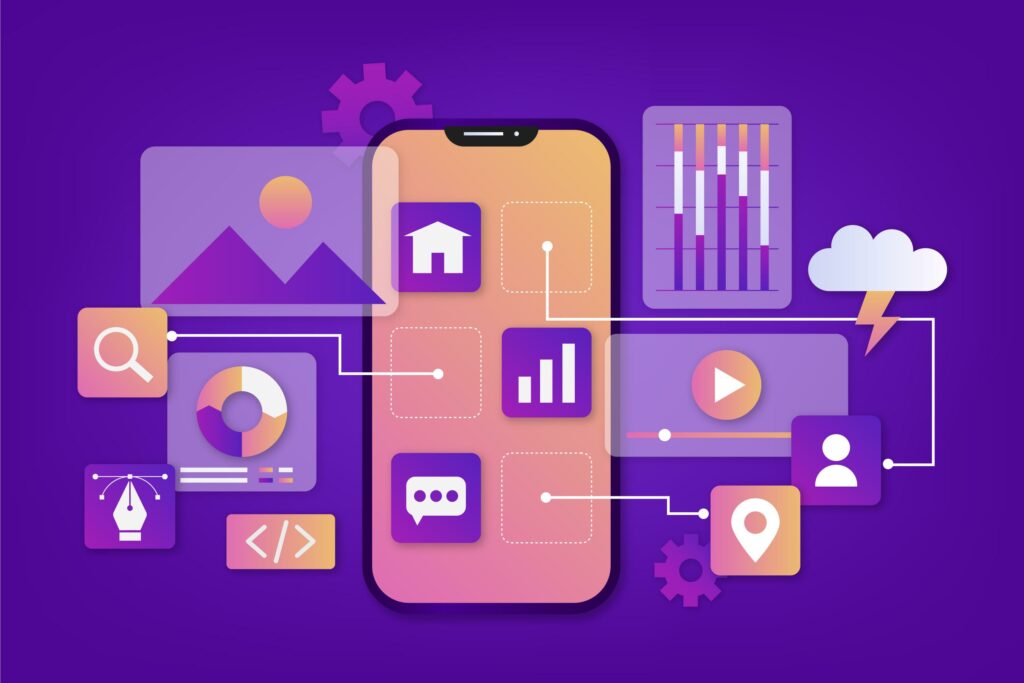
The impact of personalized and context-aware applications will be transformative. Businesses will be able to offer more relevant content, services, and products to users. This will increase engagement and drive higher conversion rates. Additionally, by delivering experiences that are tailored to specific user contexts, businesses will foster a deeper connection with their customers. This will improve customer satisfaction and loyalty. Personalized applications will also enable businesses to anticipate customer needs and proactively address challenges. This will ensure that users receive the best possible experience.
10: The Impact of 5G and Advanced Connectivity
The global adoption of 5G technology will have a transformative effect on custom application development. It will enable faster, more reliable internet speeds. This leap in connectivity will allow for the creation of more complex applications that require high bandwidth. These include augmented reality (AR) and virtual reality (VR) experiences, real-time gaming, and seamless Internet of Things (IoT) integrations. With 5G’s low latency and increased data transfer capabilities, custom applications will support richer and more immersive user experiences. They will also perform tasks that were previously difficult or impossible with older network technologies.
The impact on various industries will be significant. Sectors such as retail, entertainment, healthcare, and logistics will be able to leverage the power of 5G to enhance their services. Faster data transfer speeds will enable applications to deliver richer, more interactive experiences, improve operational efficiency, and offer greater responsiveness. Whether it’s offering real-time updates or supporting advanced technologies like AI and IoT, 5G will be a game-changer. It will empower businesses to meet rising user expectations. It will also drive innovation and enhance productivity.
11: Focus on Sustainability and Green IT
Environmental sustainability will increasingly shape the future of custom application development. Developers will prioritize creating energy-efficient applications that minimize environmental impact. This shift will involve optimizing code for better performance and utilizing energy-efficient cloud infrastructure. It will also include adhering to sustainable development practices throughout the development lifecycle. As awareness around environmental issues grows, businesses will seek to ensure that their applications are both functional and eco-friendly.
The impact will be far-reaching. We can set up applications to conserve resources, reduce energy consumption, and lower carbon footprints. This aligns with the increasing emphasis on sustainability in corporate strategies. It also reflects evolving regulatory frameworks that encourage responsible environmental practices. By focusing on sustainable IT practices, businesses will contribute to a healthier planet. They will also demonstrate their commitment to corporate social responsibility. TGis will potentially help to improve their brand image and customer loyalty.
[Want to learn more about the future of custom application development? Click here to reach us.]
Conclusion
Transformative trends redefine how businesses harness technology to innovate and grow, shaping the future of custom application development. From low-code/no-code platforms and AI-driven tools to cloud-native applications and edge computing, these advancements are driving efficiency, scalability, and user-centric solutions. Enhanced cybersecurity, hybrid development, and a growing focus on sustainability ensure that custom applications will be secure, adaptive, and aligned with modern business needs.






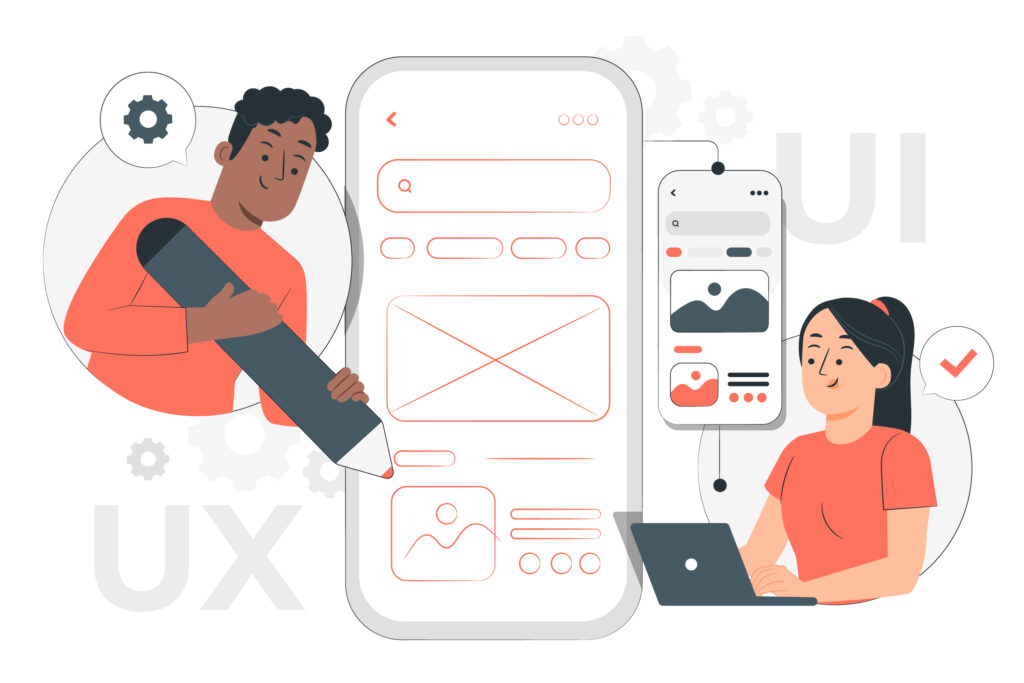



0 Comments